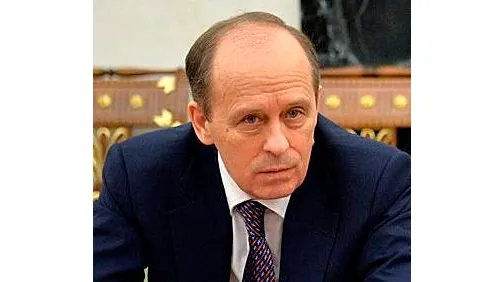April 3, 2024 (EIRNS)—That was the message of “professional Russia watcher” Gilbert Doctorow when interviewed by India’s WION television station on March 27, one day after the head of Russia’s Federal Security Service (FSB) Alexander Bortnikov announced that Russia had preliminary evidence which establishes that the United States and the U.K., as well as Ukraine, were involved in the March 22 terrorist attack on the Crocus theater in Moscow. EIR concurs. Here Doctorow explains why he has reached this conclusion:
“Mr. Bortnikov is not a public figure on Russian television. He sits by his desk at the FSB, unlike his counterpart in the international intelligence agency, service of Russia, that is, Mr. Naryshkin, who we see on television quite often. Mr. Bortnikov sits in his office, and for him to have come and taken an interview with a state television journalist, Pavlo Zarubin, was extraordinary….
“Mr. Bortnikov is a close associate of Mr. Putin. He has been in that position as head of the FSB for 15 years. And it is unthinkable that he would say what he said yesterday without the approval of his boss. Now, what does this mean and why is this remarkable?
“Because going back two years to the bombing of the Nord Stream pipelines, which was the most spectacular act of terrorism against civilian global infrastructure in 50 years, the Russians said nothing about. They didn’t point a finger at anyone. There was innuendo the United States was involved, Britain was involved, other countries, but never a direct accusation. What we had yesterday was a direct accusation. At the same time, Mr. Bortnikov explained—he was very, very calm, he had great poise and he chose his words carefully—he said that he is not speaking out of emotion….
“When you say that the Russians are … accusing Ukraine, I think it’s missing the bigger issue: the Russians are accusing the United States, and Great Britain. And that puts us in a situation as critical as we were in the worst days of the Cuban Missile Crisis.”






